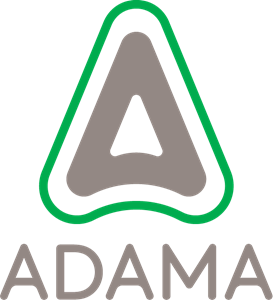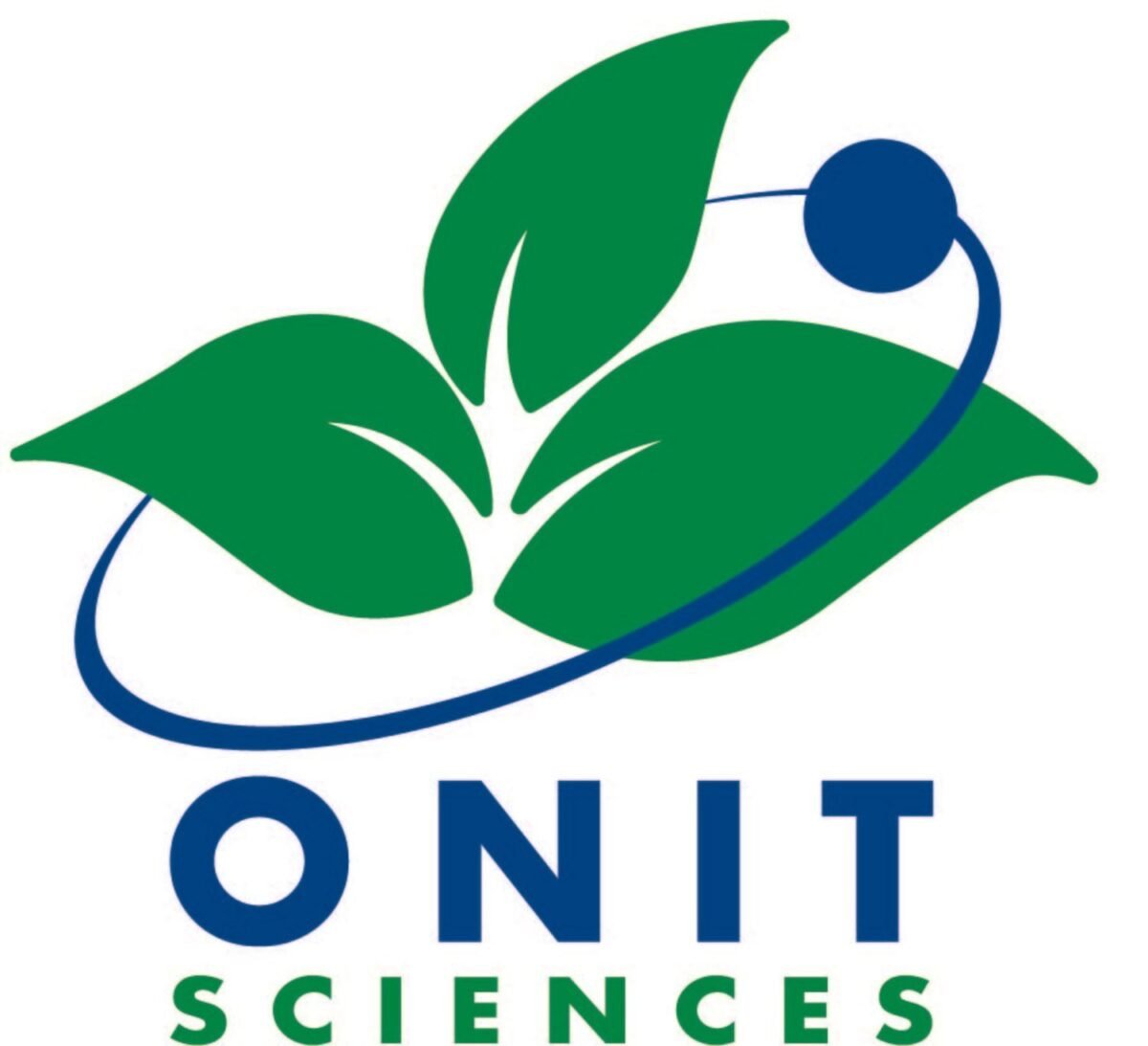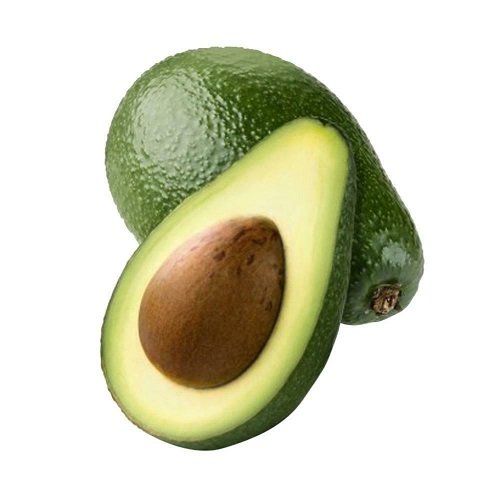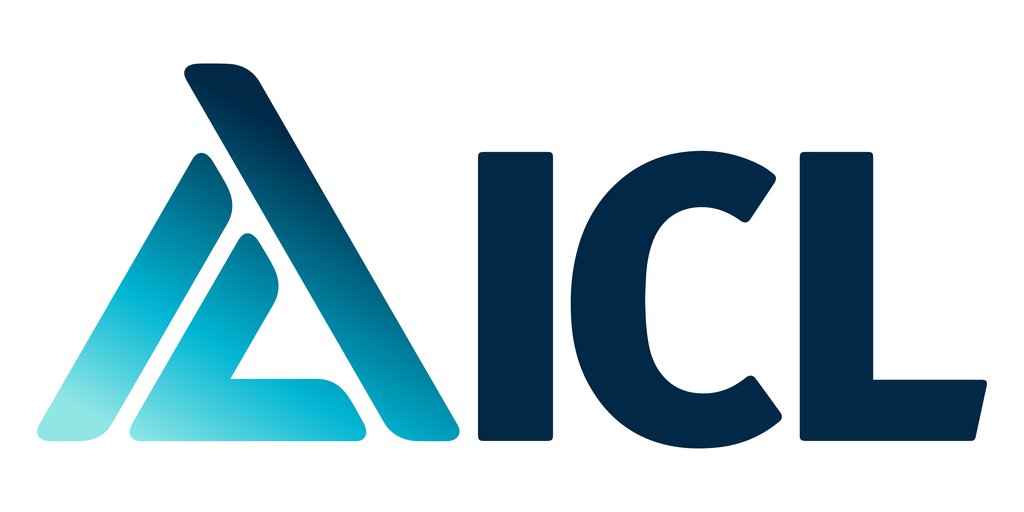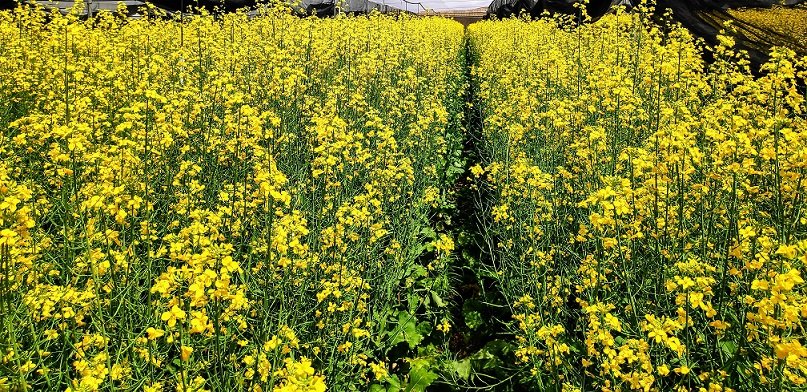Mahadhan Agritech partners with Haifa Group to drive agricultural Innovation in India
The partnership aims to promote high performing Specialty fertilisers to improve quality and productivity of crops in India and other countries.
Mahadhan Agritech Limited (MAL), formerly known as Smartchem Technologies Limited (STL) and a subsidiary of Deepak Fertilisers and Petrochemicals Corporation Limited (DFPCL), and Israel-based Haifa Group, a multinational corporation and leading global supplier of Specialty Plant Nutrients have entered into an understanding to promote high performing Specialty fertilizers to improve quality and productivity of crops in India and other countries.
“This partnership with Haifa Group is yet another milestone in MAL’s journey towards transforming agriculture in India with customized crop nutrient solutions that deliver balanced and precise Crop Nutrition. Currently, over 6 million hectares of Agricultural land are already supported by drip irrigation systems spread over most states. It encompasses a wide range of crops including Fruits, Vegetables, Sugarcane, and many other field crops giving a ready platform to deploy the Specialty Water Soluble fertilizers.
The MAL-Haifa offerings will support agricultural practices that counter the vicious trend of water scarcity and also hugely enhance Nutrient uptake & Use Efficiency in the plants. This will directly help achieve our Prime Minister’s dream of Doubling the farm incomes. In addition, these initiatives will also help reduce groundwater and air pollution. We believe this collaboration will bring positive change in the agricultural sector, thereby empowering farmers,” said Sailesh C. Mehta, Chairman & Managing Director of DFPCL. This partnership will significantly contribute to speed-up MAL’s journey in the specialty crop nutrient market.
“I am pleased that we have entered into an agreement with Mahadhan Agritech to support Indian Farmers by synergizing our global expertise and resources with MAL’s on-ground expertise, we aim to proactively address the evolving needs of Indian agriculture and farmer preferences by leveraging the latest technologies. Through this collaboration, we will also take special practices and innovations of Mahadhan Agritech to other geographies in the developing world to improve yields and Agri produce and quality,” said Motti Levin, CEO of Haifa Group, Israel.
The partnership aims to promote high performing



